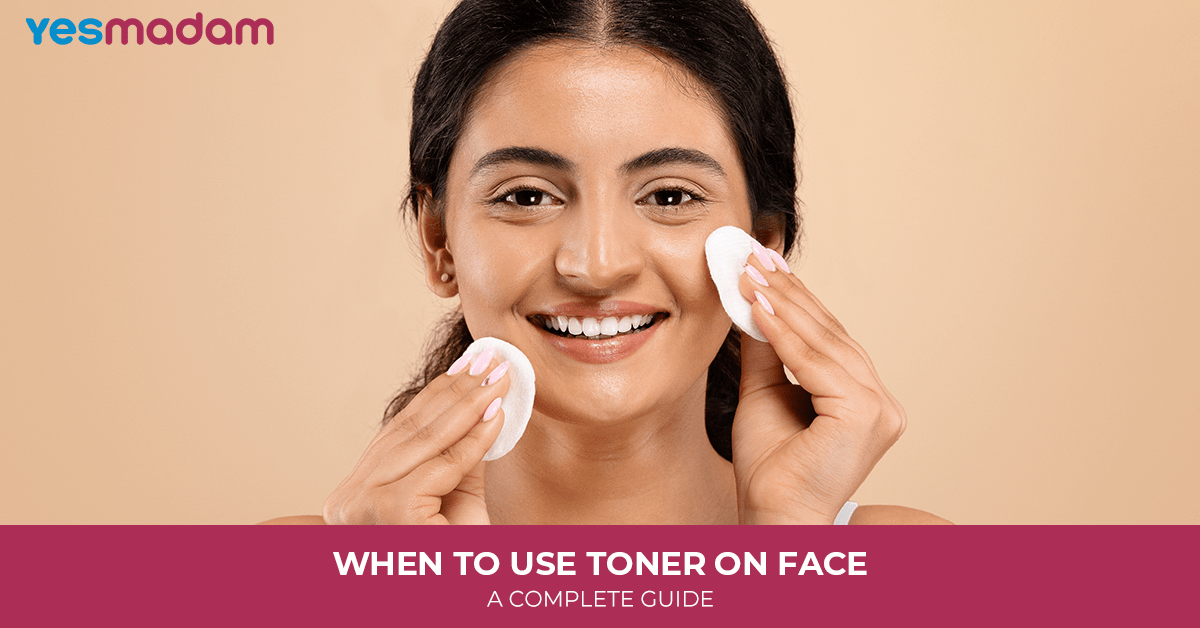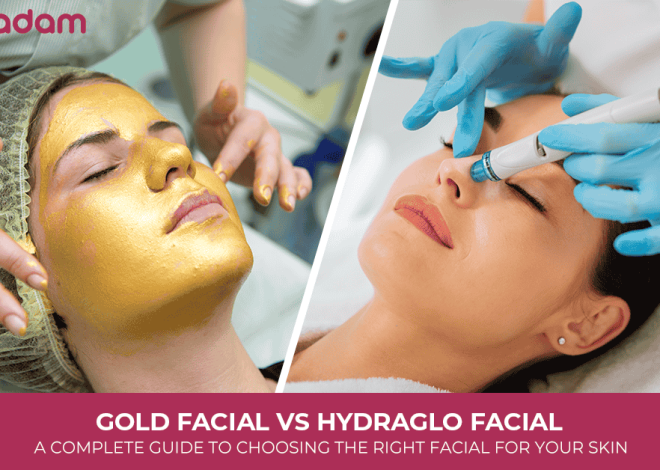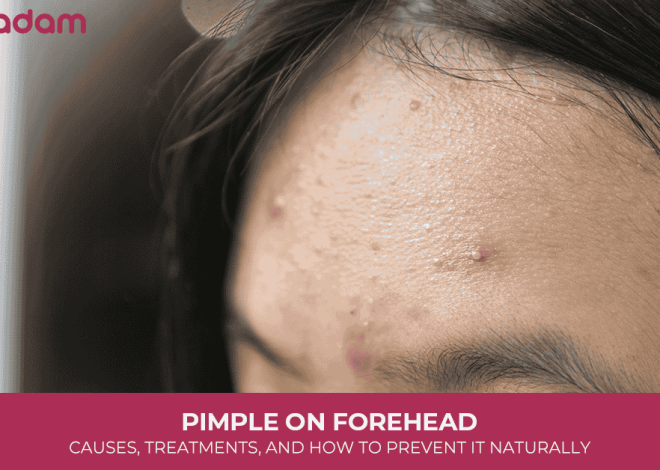
When to Use Toner on Face: A Complete Guide
If you’ve ever wondered when to use toner on face in your skincare routine, you’re not alone. Toner is often one of the most misunderstood products—some swear by it, while others skip it altogether. But the truth is, when used correctly, toner can refresh your skin, remove leftover impurities, and prep your face for the products that follow. Understanding the right time and way to apply it can make a huge difference in how your skin looks and feels.
In this blog, we’ll break down the face toner benefits, its proper uses, potential side effects, and whether or not toner is truly necessary for everyone. By the end, you’ll know exactly how to incorporate toner into your routine without confusion.
Table of Contents
What Is Face Toner?
A face toner is a liquid skincare solution formulated to purify, revitalize, and restore your skin’s natural balance. Traditionally, toners were alcohol-heavy and often left skin dry or irritated. Thankfully, modern formulas are more nourishing, hydrating, and packed with skin-loving ingredients like hyaluronic acid, rose water, aloe vera, and antioxidants.
Think of toner as the middle step between cleansing and moisturizing. It ensures that your skin is free from lingering dirt or oil and provides a smooth base for serums and moisturizers to absorb better.
Benefits of Using Toner on Your Face

Before deciding when to use toner on face, it’s important to understand what it does and why it’s helpful. Toner is more than just an extra step—it plays a key role in keeping your skin fresh, balanced, and healthy.
Key benefits of using toner for face
- Restores pH Balance: Cleansers can sometimes make your skin too alkaline. Toner helps bring your skin back to its natural, slightly acidic state, keeping it healthy and less prone to irritation.
- Removes Leftover Residue: Even after cleansing, traces of dirt, oil, or makeup can linger. Toner gives your skin that extra touch of care, making sure it’s perfectly clean and refreshed
- Hydrates and Refreshes: Many modern toners are alcohol-free and packed with hydrating ingredients like hyaluronic acid, aloe vera, or rose water. These keep your skin soft and prevent dryness.
- Tightens and Refines Pores: With regular use, toner helps reduce the look of large pores, making skin appear smoother and more even.
- Prepares Skin for Other Products: It preps your skin so that serums, moisturizers, and treatments absorb better and work more effectively
- Soothes Irritation: Toners with calming ingredients like chamomile or green tea can reduce redness and calm sensitive skin.
- Controls Oil: For those with oily or acne-prone skin, using a toner with witch hazel or salicylic acid can help restore balance and keep blemishes under control
- Boosts Skin’s Radiance: By gently exfoliating with ingredients like glycolic or lactic acid, certain toners can brighten dull skin and promote a natural glow.
- Protects Against Environmental Stress: Some toners include antioxidants (like vitamin C or E) that fight damage from pollution and free radicals.
Toner Uses for Face Explained
Toner is a versatile skincare product that adapts to your needs. Instead of thinking of it as just a single-purpose step after cleansing, you can treat it as a multi-use refresh throughout the day. Here’s how each use case works in depth:
1. Daily Refresh
- When to use: After your morning and evening cleanse.
- Why: Toner helps restore your skin’s pH balance, which often gets disrupted by cleansers.
- Best for: Anyone, but especially oily or combination skin types that need extra balancing.
2. Post-Workout Cleanse
- When to use: Right after exercising if you don’t have time for a full face wash.
- Why: Sweat can trap bacteria and clog pores, leading to breakouts. Toner acts as a portable cleanser.
- Best for: Acne-prone or active lifestyles where face washing isn’t always possible.
3. Makeup Prep
- When to use: Before applying primer or foundation.
- Why: Toner removes any residue and gives your skin a smooth, hydrated surface.
- Best for: Dry, flaky skin (hydrating toners) or oily skin (mattifying toners).
4. Midday Hydration
- When to use: Anytime your skin feels tight, tired, or dull during the day.
- Why: Environmental factors like air conditioning, pollution, and sun exposure dehydrate the skin.
- Best for: Dry, dehydrated, or sensitive skin, and anyone working long hours indoors.
Is Face Toner Necessary?

One of the biggest debates in skincare is: is face toner necessary? The answer depends on your skin type and goals.
- If you have oily or acne-prone skin, toner can help control excess sebum and prevent breakouts.
- For dry skin, a hydrating toner provides an added boost of moisture
- If you already use gentle cleansers and moisturizers, toner isn’t strictly essential—but it can enhance your routine.
So, while it may not be a “must” for everyone, toner is a beneficial step that improves overall skin health.
When to Apply Toner on Face
Timing matters. So, when should you apply toner?
- Morning: After cleansing and before applying serum and moisturizer. This helps refresh your skin for the day.
- Night: After your evening cleanse to remove impurities and prepare your skin for repair overnight.
- Before masks or treatments: Toner preps your skin to absorb masks, serums, or spot treatments more effectively.
Pro tip: Always apply toner to slightly damp skin with a cotton pad or your hands, pressing it gently into your face.
Side Effects of Toner on Face
While toners are generally safe, there can be side effects of toner on face if used incorrectly:
- Dryness or irritation: Alcohol-based toners may be too harsh, removing natural oils and leaving skin dry or irritated.
- Redness and stinging: Sensitive skin may react to strong ingredients like witch hazel or acids.
- Over-exfoliation: Using toners with AHAs or BHAs too often can damage your skin barrier.
To avoid side effects, choose a toner formulated for your skin type and patch-test before full application.
Tips to Choose the Right Toner
Not all toners are created equal. Here’s how to pick one for your skin needs:
- For oily/acne-prone skin: Look for salicylic acid, witch hazel, or niacinamide.
- For dry skin: Opt for hyaluronic acid, rose water, or aloe vera.
- For sensitive skin: Choose alcohol-free, fragrance-free, and soothing options like chamomile.
How to Apply Toner Correctly
Here’s a step-by-step method to maximize results:
- Cleanse your face thoroughly.
- Pat your skin dry, leaving it slightly damp.
- Apply toner using a cotton pad or your palms.
- Follow up with serum, moisturizer, and sunscreen (if daytime).
Conclusion
Understanding when to use toner on face can completely change your skincare game. While toner isn’t absolutely necessary for everyone, it offers plenty of face toner benefits like hydration, cleansing, and prepping the skin. With the right product and proper application, toner becomes an effective part of your daily skincare routine.
So, if you’ve been on the fence about adding toner, give it a try, you might just love the refreshed, glowing skin it leaves behind.
FAQs
1. How often should I use toner on my face?
Most people can use toner twice a day—morning and night. If your skin is sensitive, once daily may be enough.
2. Can toner replace moisturizer?
No, toner cannot replace moisturizer. While it hydrates the skin, it doesn’t lock in moisture the way a good moisturizer does.
3. Should I wash off toner after applying it?
No, toner should not be washed off. It’s designed to stay on your skin and prepare it for the next steps.
4. Can I use toner if I have sensitive skin?
Yes, but choose a gentle, alcohol-free toner with soothing ingredients like aloe vera or chamomile to avoid irritation.
5. Is it okay to apply toner with my hands instead of cotton pads?
Absolutely! Many people prefer applying toner with their palms to reduce product waste and allow better absorption.
6. Does toner help with acne?
Yes, toners with salicylic acid or witch hazel can help unclog pores, reduce excess oil, and prevent breakouts.
7. What is the best age to start using toner?
You can start using toner in your teenage years when oil production and acne are common. Choose a gentle formula for young skin.
8. Can I use toner after exfoliating?
Yes, but opt for a hydrating toner rather than one with acids to avoid over-exfoliation and irritation.
9. What should I do if toner causes redness?
Stop using it immediately and switch to a milder formula. Always patch-test new products before applying them to your entire face.
10. Can toner make pores smaller permanently?
No, toner cannot permanently shrink pores. It can, however, temporarily tighten them and make them appear less noticeable.
11. What are the benefits of using toner on face?
Using a toner helps balance the skin’s pH, tighten pores, and remove leftover dirt or oil.
It also refreshes the skin, hydrates, and preps it for better absorption of moisturizers or serums.



